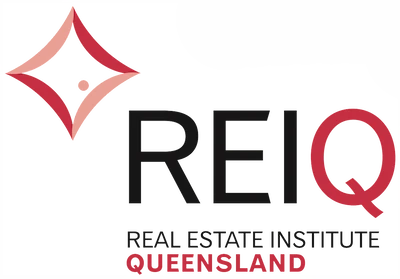Buying Investment Property – What’s The REAL Costs?
With all the excitement and anticipation surrounding the purchase of your very first investment property the associated costs can often be an after thought. In this article we spell out the REAL costs involved so you are fully informed before making any purchase.
To ensure you’re not headed for any unwanted financial surprises or stress it’s important that you clearly understand all potential costs associated with the purchase of an investment property. After all, to make an informed decision about whether to purchase an investment property or not entails you fully considering all the facts.
So let’s put the excitement aside and get started with examining all of the costs.
No matter where you purchase an investment property there are costs associated with purchasing property and these will vary from state to state.
Your upfront costs can include:
- Stamp Duty
- Legal Fees
- Building and Pest Inspection
- Strata Reports/ Strata History (if applicable)
- Loan Mortgage Insurance (if borrowing more than 80%)
- Loan Establishment fees and other associated Bank fees.
Your ongoing costs can include:
- Council Rates
- Water Rates (If tenant is not paying for water usage)
- Insurance (home, landlord, contents)
- Body Corporate fees (if applicable)
- Property Management fees
- All Maintenance costs that arise
- Loan, Interest and Bank fees.
At this stage your might be questioning whether it is actually worthwhile to buy and investment property, given all the costs in establishing and maintaining the property.
However you also need to keep in mind that many of the associated costs are tax deductible and the rent does help you to pay the mortgage.
If the property is new, there may also be some depreciation benefits. This is a topic that you need to discuss with your accountant prior to making any investment property purchase.
Is investing in property is a worthwhile exercise?
Depending on the market and your personal financial situation investing in property could provide you with a gain over the long term. It’s very much a matter of weighing up the costs involved and the potential gains to be made and then making an informed decision.
What strategies can you use to make a profit on a property investment?
There are a number of property investment strategies you can use:
Buy and Hold. The simplest investment strategy. You purchase a property and hold it with the expectation that the property will grow in value over time.
Renovate. Buy a property that needs work, renovate it and hopefully you’ll raise the property’s value. This requires a lot of hard work and money, but with the right property, the right renovations and the right market it can be a great investment strategy. Before purchasing or renovating a property you should always do your homework on the potential of the property including seeking the advice of local real estate agents to find out what prospective buyers are looking for.
Passive property development. Most people won’t undertake a major property development themselves, but passive property development allows you to pay someone else to develop it for you. However, there are risks involved so do your due diligence if taking this path.
Negative Gearing. Currently in Australia if the expenses on an investment property are greater than the income it generates and you’re making a loss – this loss can be used as a tax deduction. This is called negative gearing.
Weighing up the benefits and the risks
All investments carry both benefits and risks. It’s important that you weigh up the pros and cons of any property investment and discuss your financial capability with a Mortgage Broker before you decide on a strategy is right for you.
Property investing benefits to buyers can offer:
Rental income. An investment property can increase your cash flow by providing you with a second income source through rental income. When it comes time to sell your property, you may be able to benefit by making a capital gain, however there are no guarantees.
Flexibility. An investment property is one of the few investments that is physically tangible. If your situation changes and you no longer wish to use your property as an income-producing asset, you can always move into it. However, be mindful that there may be capital gains tax implications if you choose to do this.
Tax and depreciation benefits. Depending on your financial situation there may be tax advantages or disadvantages. You’ll need to discuss this aspect with your accountant before making any purchases.
Control. Unlike other asset classes such as shares, many aspects of your property investment can be controlled. You can carry out value-adding activities on your property such as renovations, or refinance your home loan if you find a better rate.
Getting an investment property loan with a competitive interest rate is essential when you want to maximise your profits. All property investors want to maximise the potential of their investment which entails finding a competitive investment property loan with a good rate and useful features.
General Advice Warning
This blog is not designed to replace professional advice. It has been prepared without taking into account your objectives, financial situation or needs. You should consider the appropriateness of the advice, in light of your own objectives, financial situation or needs before making any decision as to what is appropriate for you.
HLC Management Pty Ltd | Australian Credit License 387 419


